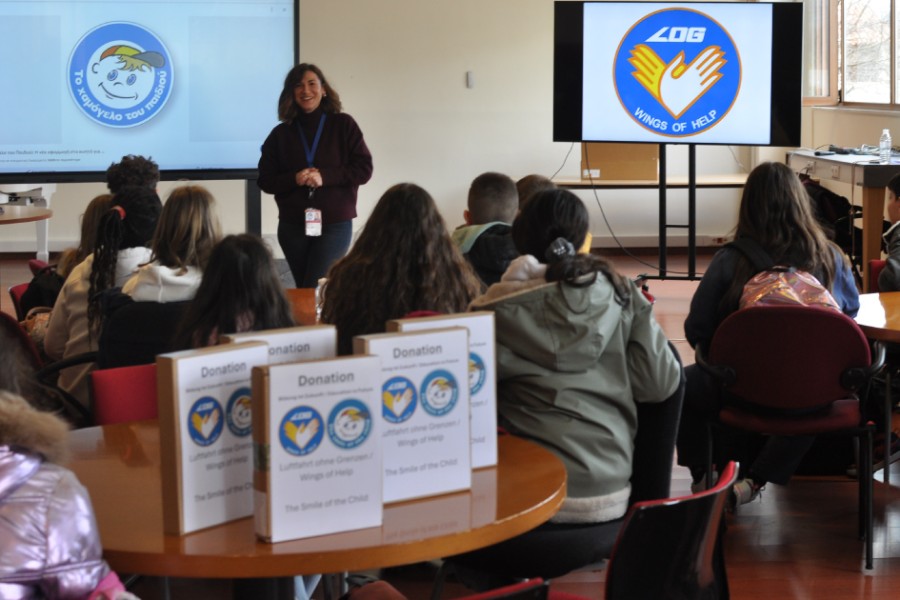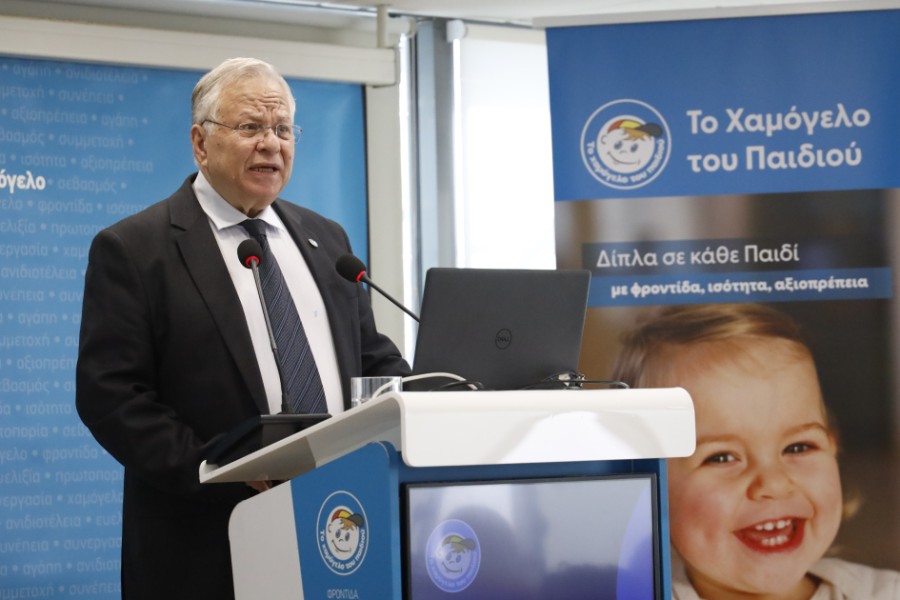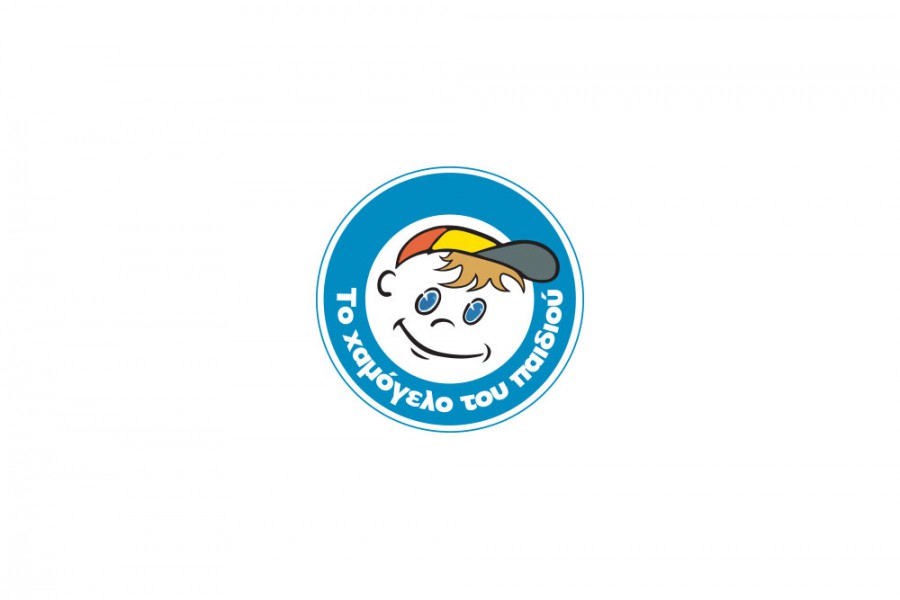School bullying
The National Hotline for Children SOS 1056 receives more calls, in relation to school bullying, every day. Parents, teachers, and students call asking for advice on handling such situations, which make them feel trapped.
Gaining knowledge for any situation is the first and foremost step in dealing with them. With regards to school bullying, the first thing that must be learned is what is not school bullying.
School bullying is not an argument or a fight between two students, it is not teasing, or a one-time joke at a peer’s expense; actions that are not constant and have no impact on children’s emotional condition. School bullying is a more complex phenomenon different from teasing or fighting in terms of intensity, duration, imbalance of power between the sides involved, and emotional effect it has on children.
In other words, school bullying is a repeated situation, aimed at specific children by other children (in many cases even groups of children) who feel physically superior, leading to the bullied child feeling isolated, experiencing stress and fear, refusing to participate in school activities, and other emotional dysfunctions.
In general, school bullying may include:
![]() Physical violence.
Physical violence.
![]() Threats, blackmailing, teasing, offensive nicknames, mockery, spreading malicious rumours.
Threats, blackmailing, teasing, offensive nicknames, mockery, spreading malicious rumours.
![]() Intentional exclusion of students from various social and school activities.
Intentional exclusion of students from various social and school activities.
![]() Sexual harassment.
Sexual harassment.
![]() Stealing from and/or damaging personal belongings of the bullied child.
Stealing from and/or damaging personal belongings of the bullied child.
![]() Cyber-bullying. Cyber-bullying is bullying through the use of computers, cell phones and other electronic devices.
Cyber-bullying. Cyber-bullying is bullying through the use of computers, cell phones and other electronic devices.
In the majority of cases, children experiencing bullying do not report it to anyone, because of:
![]() Embarrassment.
Embarrassment.
Embarrassment is an emotion accompanying school bullying, as the children feel the brunt of a joke at their expense by everyone else.
![]() Fear.
Fear.
Children assume that nothing can be done about their situation and fear that any action will provoke the child or children carrying out the bullying, exacerbating the predicament.
![]() They believe they are to blame.
They believe they are to blame.
Children’s line of thinking leads to guilt, especially in cases of violence. They believe they are to blame and that they caused this situation.
![]() They believe they will disappoint/upset their parents.
They believe they will disappoint/upset their parents.
All children seek their parents’ love and approval. They therefore believe that, if their parents were to learn of what happens to them, they’d be disappointed and upset.
For these reasons, parent must:
![]() Observe their child’s behaviour. Any sudden and unexplained change of behaviour, mood, appetite, sleep patterns, opinions on certain individuals, their conduct at school, or their school performance, must be reason for concern and lead to a discreet investigation of the causes.
Observe their child’s behaviour. Any sudden and unexplained change of behaviour, mood, appetite, sleep patterns, opinions on certain individuals, their conduct at school, or their school performance, must be reason for concern and lead to a discreet investigation of the causes.
![]() If they realize their child is being bullied, they should discuss his/her experience in a secure and trusting environment, as well as the school bullying phenomenon in general.
If they realize their child is being bullied, they should discuss his/her experience in a secure and trusting environment, as well as the school bullying phenomenon in general.
![]() Exonerate the child.
Exonerate the child.
![]() Explain to the child that no one has the right to treat him/her like that.
Explain to the child that no one has the right to treat him/her like that.
![]() Reward the child for taking part in the conversation and revealing important information.
Reward the child for taking part in the conversation and revealing important information.
![]() Not push their child to take revenge. These actions have no results.
Not push their child to take revenge. These actions have no results.
![]() Impress the importance of communicating with a teacher and explain the difference between “snitching” and “seeking assistance”.
Impress the importance of communicating with a teacher and explain the difference between “snitching” and “seeking assistance”.
![]() Remember that their aim is to help their own child and not to seek another child’s punishment.
Remember that their aim is to help their own child and not to seek another child’s punishment.
![]() Communicate with a teacher.
Communicate with a teacher.
![]() In any case, they must communicate with the National Hotline for Children SOS 1056, which is free of charge and anonymous, as well as staffed by social workers and psychologists, and is available 24 hours a day.
In any case, they must communicate with the National Hotline for Children SOS 1056, which is free of charge and anonymous, as well as staffed by social workers and psychologists, and is available 24 hours a day.
“The Smile of the Child” has developed a number of initiatives for the prevention and handling of School Bullying.
![]() The Children, Parent, and Educator Department carries out speeches on School Bullying for students, parents and teachers at schools across Greece (see http://www.hamogelo.gr/7-2/986/Informing-Children--Parents-and-Teachers)
The Children, Parent, and Educator Department carries out speeches on School Bullying for students, parents and teachers at schools across Greece (see http://www.hamogelo.gr/7-2/986/Informing-Children--Parents-and-Teachers)
![]() Telephone support for handling such situations is available through the National Hotline for Children SOS 1056 (see http://www.hamogelo.gr/37.2/National-SOS-Helpline-for-Children-1056)
Telephone support for handling such situations is available through the National Hotline for Children SOS 1056 (see http://www.hamogelo.gr/37.2/National-SOS-Helpline-for-Children-1056)
![]() Advice and support is provided through our Social and Psychological Support departments (see http://www.hamogelo.gr/7-2/985/Social-and-Psychological-Support-for-Children)
Advice and support is provided through our Social and Psychological Support departments (see http://www.hamogelo.gr/7-2/985/Social-and-Psychological-Support-for-Children)
![]() The Smile of the Child is the coordinating organization for the creation of a European awareness and information campaign on school bullying (see http://www.hamogelo.gr/147.1/Erga-se-exelixh )
The Smile of the Child is the coordinating organization for the creation of a European awareness and information campaign on school bullying (see http://www.hamogelo.gr/147.1/Erga-se-exelixh )



